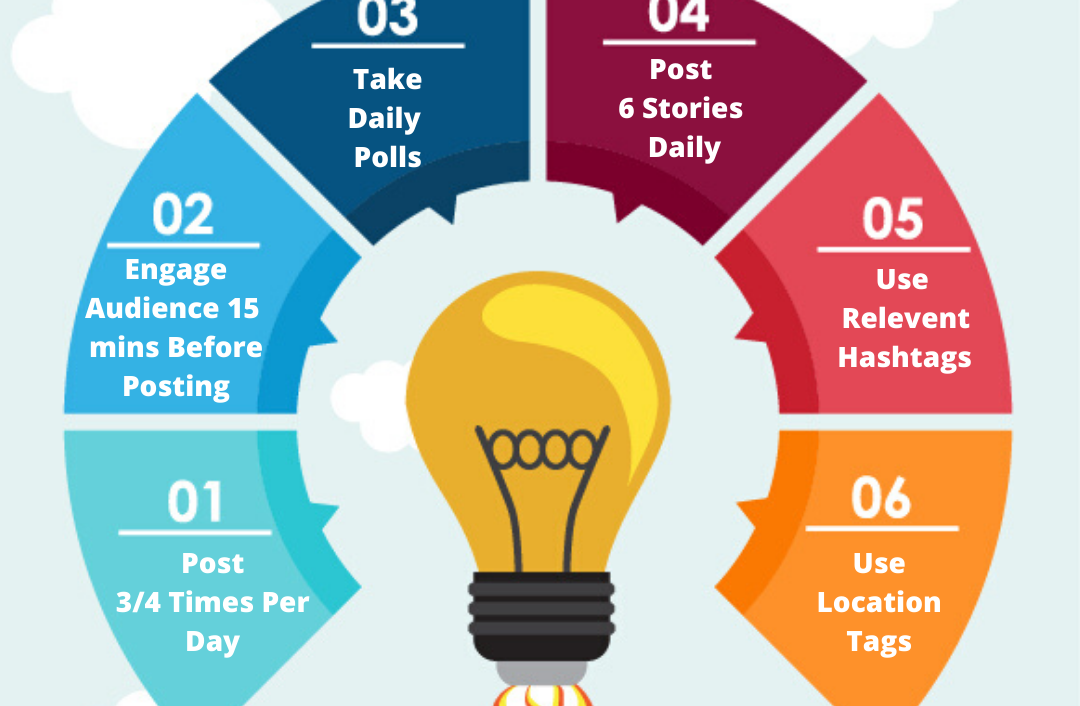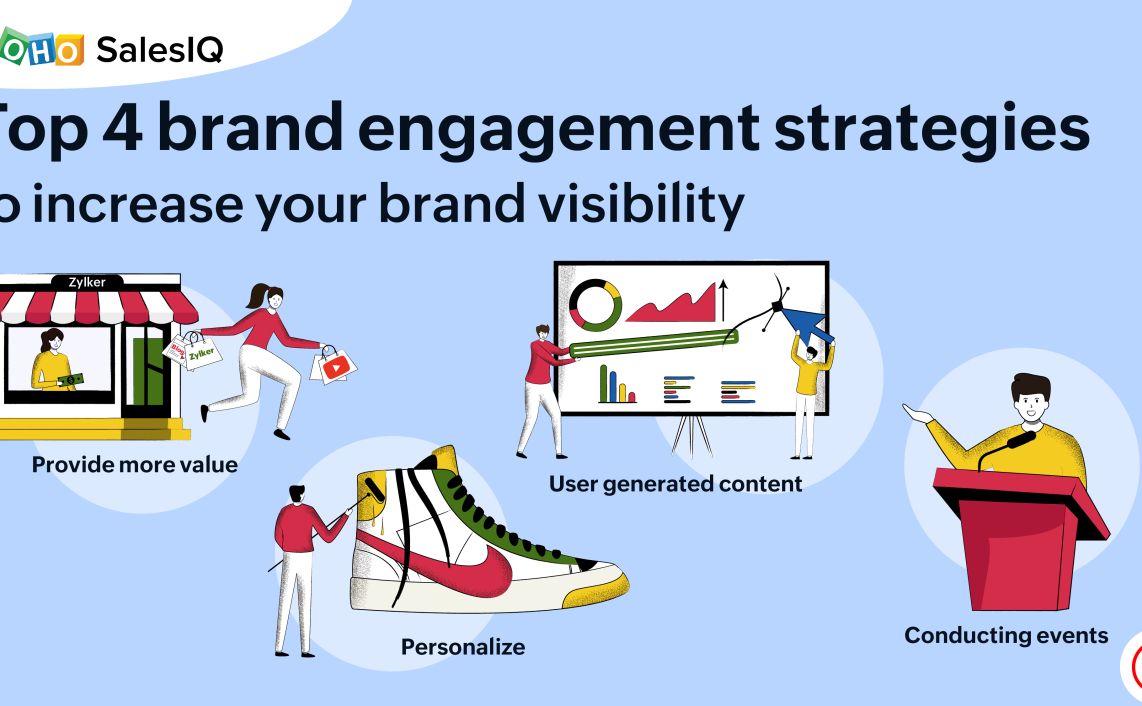[The Role Of Marketing In Driving Business Growth]

Executive Summary

Marketing plays a pivotal role in driving business growth by connecting with potential customers, building brand awareness, and fostering customer loyalty. Through strategic planning and execution, marketing efforts can effectively influence customer behavior, generate leads, and ultimately increase revenue. This article delves into the multifaceted aspects of marketing, examining its impact on various business functions and outlining key strategies for achieving sustainable growth.
Introduction
In today’s competitive landscape, businesses must effectively communicate their value proposition and establish a strong brand presence to thrive. Marketing is no longer a mere promotional activity; it has evolved into a strategic discipline that fuels business growth by attracting new customers, retaining existing ones, and enhancing brand reputation. By aligning marketing initiatives with overall business objectives, companies can unlock significant opportunities for expansion and success.
What are the key elements of a successful marketing strategy?
A successful marketing strategy involves defining target audiences, conducting thorough market research, identifying key competitors, setting clear objectives, and developing a comprehensive marketing plan. It emphasizes data-driven decision-making, consistent brand messaging, and effective communication channels.
How does marketing impact sales and revenue?
Marketing directly influences sales by generating leads, nurturing prospects, and ultimately converting them into paying customers. It enhances brand awareness, positions products or services strategically, and drives customer engagement, all of which contribute to increased revenue.
What is the role of digital marketing in driving business growth?
Digital marketing encompasses a wide range of online channels and strategies, including search engine optimization (SEO), social media marketing, content marketing, email marketing, and paid advertising. It offers businesses the ability to reach a vast global audience, target specific demographics, track campaign performance, and measure ROI.
Building Brand Awareness
Building brand awareness is crucial for attracting new customers and establishing a strong market presence. Effective branding strategies focus on creating a unique and memorable brand identity, communicating consistent messaging, and engaging with target audiences across various channels.
- Develop a compelling brand story: Craft a narrative that resonates with your target audience, highlighting your values, mission, and unique selling propositions.
- Establish a consistent brand voice: Maintain a consistent tone and style across all communication platforms to reinforce brand recognition and create a unified brand experience.
- Utilize visual elements effectively: Invest in high-quality visuals, including logos, website design, social media imagery, and promotional materials to convey your brand personality and message.
- Leverage public relations and media outreach: Seek opportunities for media coverage, participate in industry events, and engage with influencers to increase brand visibility.
Generating Leads
Lead generation is the process of identifying and capturing potential customers who are interested in your products or services. By implementing effective lead generation strategies, businesses can build a pipeline of qualified prospects and drive sales growth.
- Optimize your website for lead capture: Include clear calls to action, landing pages specifically designed for lead generation, and forms that are easy to fill out.
- Utilize content marketing to attract and engage prospects: Create valuable content, such as blog posts, articles, ebooks, and webinars that address the needs and interests of your target audience.
- Run targeted advertising campaigns: Leverage online advertising platforms to reach specific demographics and interests, tailoring your messaging to resonate with potential customers.
- Utilize social media to build relationships and generate leads: Actively engage with followers, share relevant content, and run social media contests or giveaways to generate leads.
Customer Relationship Management (CRM)
Customer relationship management (CRM) involves building and maintaining long-term relationships with customers by providing excellent service, fostering loyalty, and exceeding expectations. Effective CRM strategies focus on understanding customer needs, personalizing experiences, and creating a positive brand perception.
- Implement a CRM system: Invest in a CRM system to manage customer data, track interactions, and personalize communications.
- Focus on customer service excellence: Provide prompt, helpful, and personalized support to create a positive customer experience.
- Develop loyalty programs and incentives: Offer rewards, discounts, and exclusive benefits to retain existing customers and encourage repeat purchases.
- Gather customer feedback and insights: Regularly collect feedback from customers to identify areas for improvement and enhance their overall experience.
Analyzing and Measuring Performance
Marketing efforts are most effective when they are data-driven and results-oriented. Businesses need to track key metrics, analyze performance, and make adjustments based on insights gained.
- Define clear marketing goals and objectives: Set specific, measurable, achievable, relevant, and time-bound (SMART) goals to guide marketing strategies.
- Track key performance indicators (KPIs): Monitor metrics such as website traffic, conversion rates, lead generation, customer acquisition costs, and return on investment (ROI).
- Utilize analytics tools: Employ website analytics, social media analytics, and marketing automation platforms to gather data and measure performance.
- Conduct A/B testing and experiment with different approaches: Use A/B testing to optimize website design, landing pages, and email marketing campaigns to identify the most effective strategies.
Conclusion
Marketing plays an indispensable role in driving business growth by attracting new customers, fostering loyalty, and enhancing brand reputation. By adopting a strategic approach that aligns marketing initiatives with overall business objectives, companies can effectively communicate their value proposition, build a strong brand presence, and achieve sustainable success. Continuous analysis, data-driven decision-making, and a customer-centric mindset are essential for maximizing the impact of marketing efforts and driving business growth.
Keyword Tags
- Marketing
- Business Growth
- Brand Awareness
- Lead Generation
- Customer Relationship Management (CRM)








